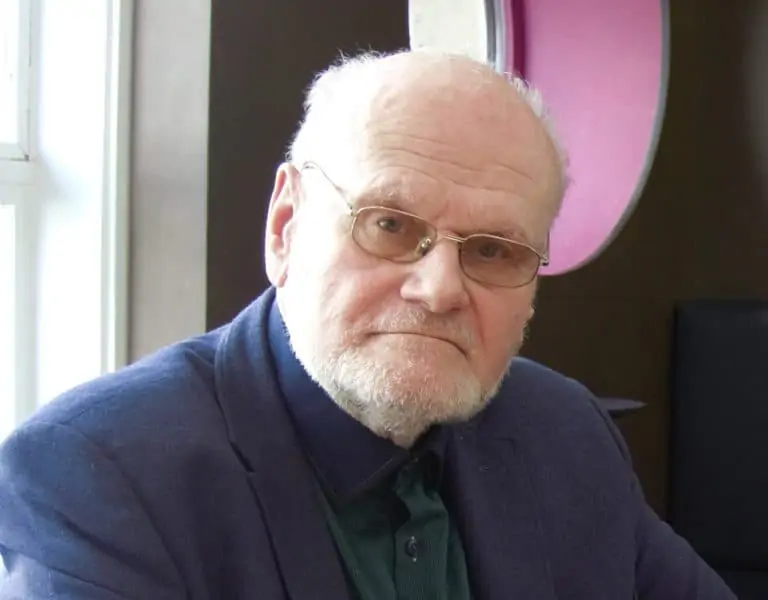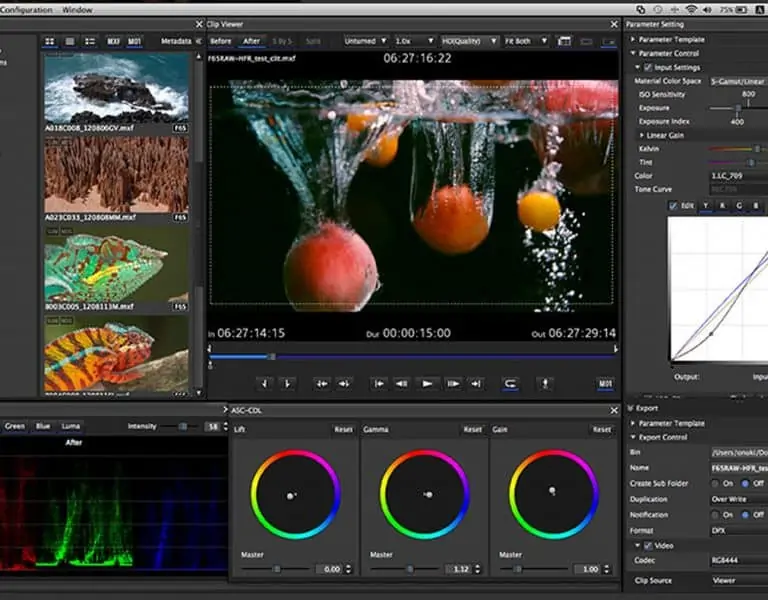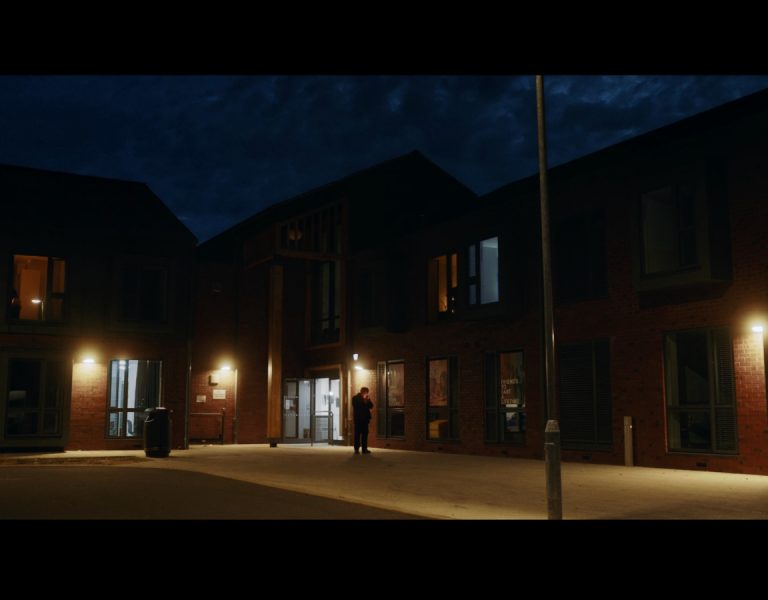Author: Kurt Brazda, Chair, IMAGO Working Conditions Committee
FILMMAKING NEEDS EUROPEAN SOLIDARITY
Achieving family-friendly working conditions connected with fair pay and social protection of all working individuals in a European market with different social standards, different financing, and difficult distribution structures can no longer be resolved at national level. This requires a common European political will, which we can all only generate with the appropriate solidarity-based pressure.
Cultural and creative industries are a driving force behind the value creation of the European Union. In 2019, before the COVID crisis, the cultural and creative sector, with an annual turnover of 643 billion euros, made up around 4.4% of Europe’s total economic output and tied up 7.6% of the European workforce. That’s more people than the telecommunications and automotive industries combined.
The audio visual and in particular the film industry form the core of the media when it comes to the creation of a European identity. Filmmaking in all its different forms, permeate all areas of life, social classes, and media. Film authors therefore have a considerable responsibility to society. This high social claim is confronted with a professional reality characterised by flexibility, self-exploitation, and precariousness, while content production is rapidly growing in the worldwide market.
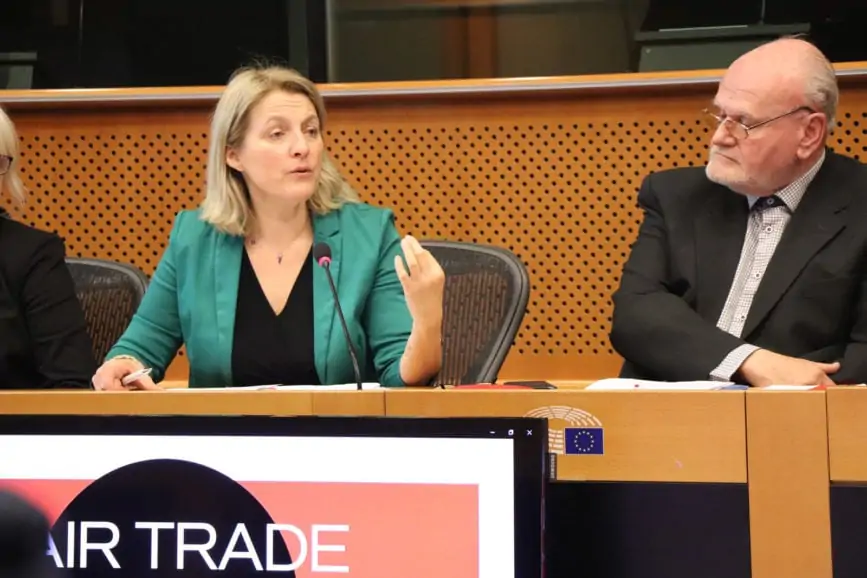
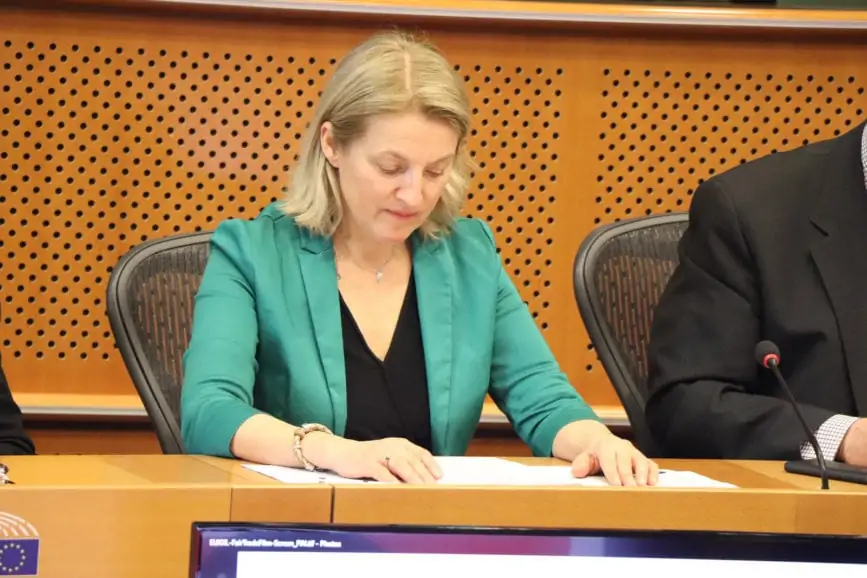
It is crucial that filmmakers and film workers from all departments develop an attitude of solidarity to enforce their interests politically and they can only do this effectively with strong union representatives. The hybrid forms of employment in the audio visual industry are, as it were, the blueprint of the future world of work in the 21st century. All trade unions will therefore have to get involved in exactly this if they do not want to disappear into political insignificance.
To build a comprehensive solidarity movement on our continent, however, the active political support of the European community is required.
For many, the EU is the epitome of neo-liberal thinking, but more and more key protagonists, especially in the European Parliament, have recognised that the EU will only have a future if the economic and political union it currently represents finally results in a European social union. To this end, the member states must hand over most of their social agendas to Brussels, because otherwise social standards that correspond to the community of values that the EU likes to see themselves as cannot be achieved. We therefore urgently need mandatory European minimum wages and effective European measures against violations of social law.
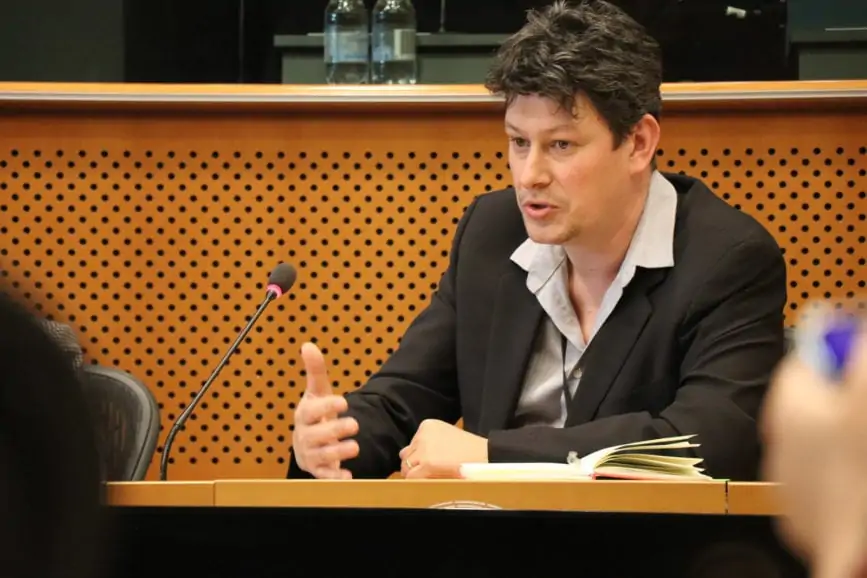
The social inequalities in Europe remain the biggest problem resulting from exploitation and poverty in the middle of the society of one of the richest continents. It not only leads to a dangerous disenchantment with democracy but also to the rejection of the EU idea, which the exit of Great Britain painfully demonstrated. The greatest damage from Brexit is already being suffered by young people in the UK who have been deprived of crucial career opportunities. Despite everything, the United Kingdom remains an important member of the European family and we all very much hope that it will soon find its way back into a reformed EU.
It was an important step when the European Commission proposed this year for one-person companies and the self-employed to introduce minimum fees like the minimum wages in collective agreements. By loosening the dogma of the all-powerful competition law, the commission signaled that the world of work in the 21st century is fundamentally different from that of the previous century. Unfortunately, this has not yet reached most states and trade unions, which makes a pan-European approach more urgent.
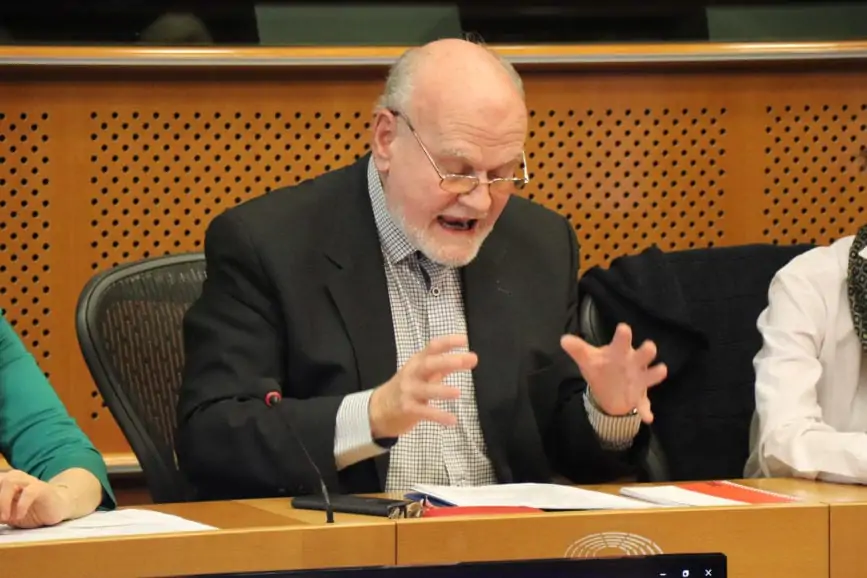
The IMAGO Working Conditions Committee very early realised that a fundamental improvement in working conditions can only be brought about with the use of the European lever. Together with the Austrian-based NGOs INTERFACE FILM and EUXXL FILM, which are internationally active in the field of working conditions in filmmaking, we have already been able to organise two meetings in the European Parliament, where we presented the problem of deterioration in working conditions to the MEPs and high-ranking EU officials. We have also invited the representatives of other European umbrella organisations such as direction, editing, production design and costume to this meeting, so that we could convey a comprehensive picture of the world of work in the audio visual industry to the EU Parliament.
Together with INTERFACE FILM, we are now preparing a new meeting in the EU Parliament, which will be hosted by the Austrian EU delegation. A key partner in this will be UNIMEI, the global union for media and entertainment representing millions of workers from over 150 countries.
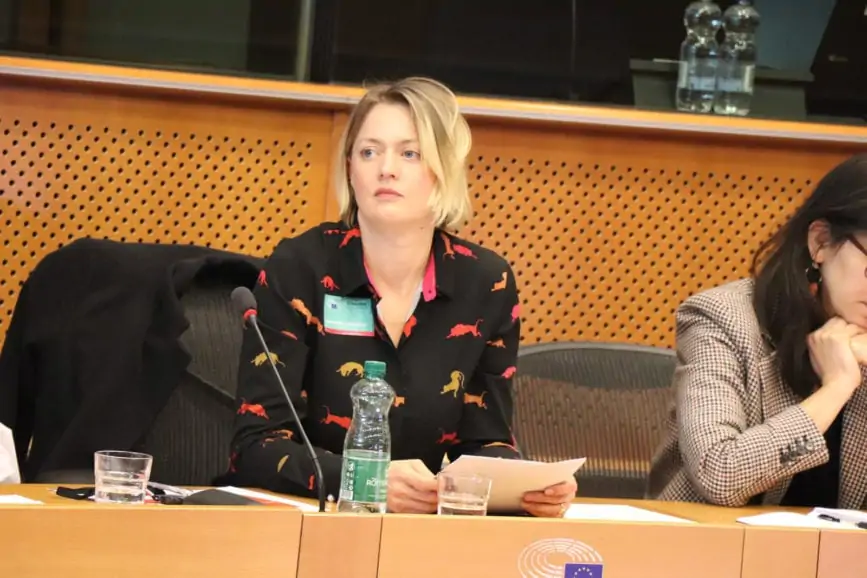
Filmmakers act, as mentioned before, very flexibly and work within Europe under very different conditions, whereby the production and distribution conditions in an international competition are increasingly determined by global media companies. Especially among film authors and film professionals of all other departments, many classical employees of past decades have long been self-employed and work across the board without being typical entrepreneurs. The working environment in the film industry must already deal with massive problems of these changes: how to get family-friendly working conditions connected with fair pay and social protection of all working individuals in a European market with different social standards, different financing, and difficult distribution structures.
These burning questions, which many other professional groups must ask themselves also, can no longer be resolved at national level. This requires a common European political will, which we can all only generate with the appropriate solidarity-based pressure. That is exactly what we want to achieve with our advance in the EU Parliament.
Author: Kurt Brazda, Chair, IMAGO Working Conditions Committee
